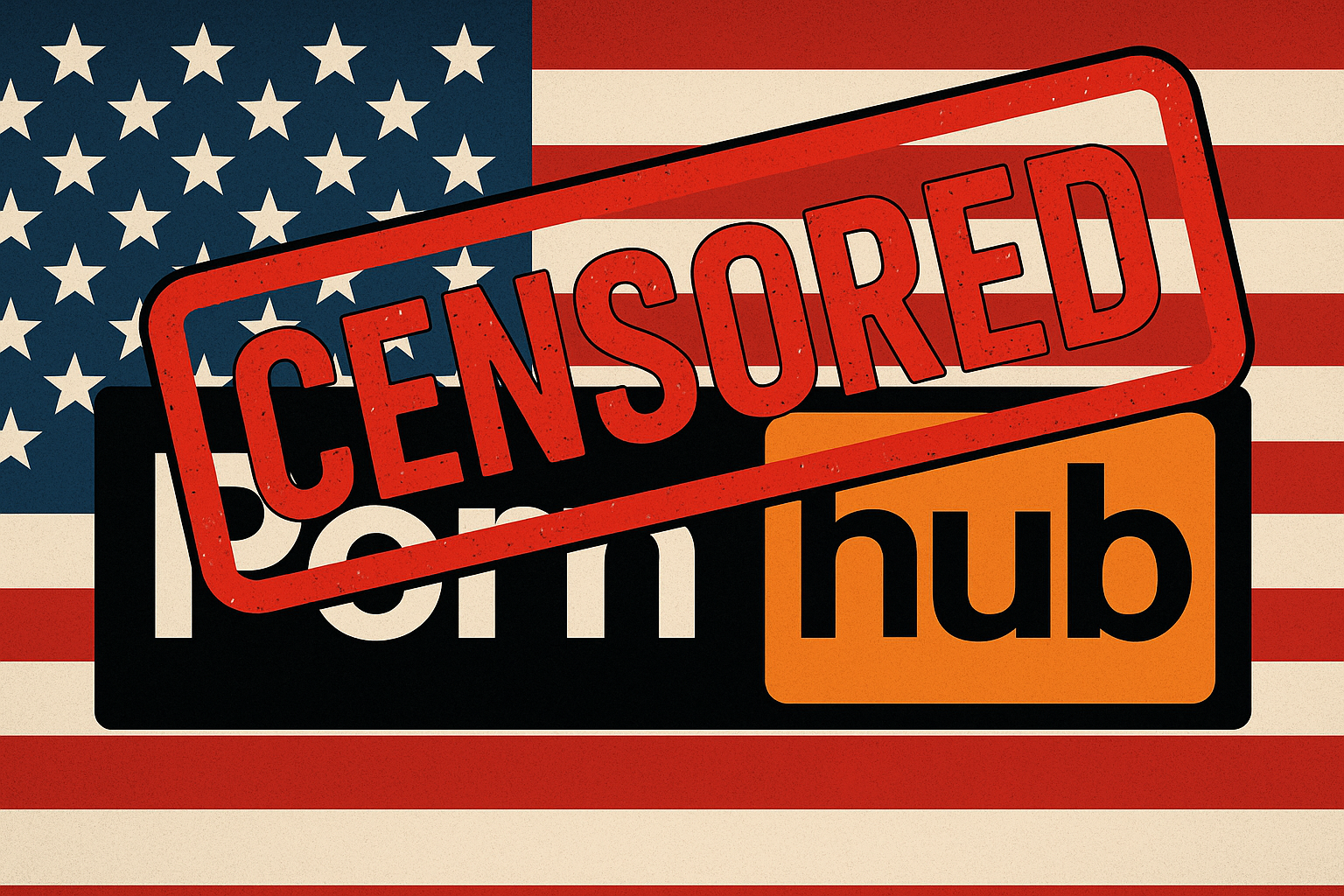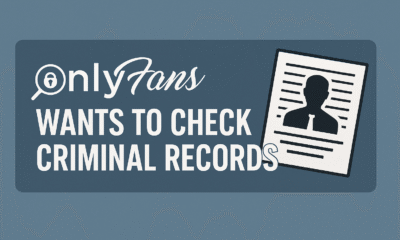News
Age Verification Laws Lead to Pornhub Blockages in 21 States
Rising Regulations Spark Concerns Over User Privacy and Safety in Adult Content Industry
As of August 18, 2025, the popular adult site Pornhub has been blocked in 21 U.S. states due to the implementation of age verification laws. These laws, which differ from state to state, generally mandate that visitors to sites containing over one-third explicit content provide a government-issued ID or another form of age verification. Louisiana was the pioneer in enacting such legislation several years ago, and the trend has gained momentum across the nation since then.
In June, a significant ruling from the Supreme Court upheld Texas’s age-verification law, establishing a legal precedent for similar measures both currently in place and those anticipated in the future. This decision has propelled other states to adopt their own age verification laws, leading to a growing list of restrictions impacting adult content websites.
Despite Louisiana not blocking Pornhub, users within the state are required to submit identification to access the site. The effects of this law have been dramatic, with Pornhub reporting an 80 percent decline in traffic from Louisiana. Aylo, the parent company of Pornhub, indicated that users have not ceased seeking adult content; instead, they have migrated to less regulated and potentially unsafe corners of the internet where age verification is not enforced.
The ramifications of these age verification laws extend beyond mere access issues. According to industry experts, these regulations are unlikely to achieve their intended goal of protecting minors. Evidence suggests that many individuals can easily bypass age verification through tools such as VPNs, which mask their location.
Furthermore, non-compliant websites continue to operate without adhering to these laws, raising questions about their effectiveness. The Florida attorney general has initiated legal action against foreign-based porn sites that fail to implement age verification measures.
Aylo has publicly expressed support for age verification but emphasizes that any such law must prioritize user safety and privacy while effectively safeguarding children from adult content. The company raised concerns that the current methods of implementing age verification are inconsistent and potentially hazardous. They argue that requiring numerous adult sites to collect sensitive personal information poses significant risks to user safety.
As it stands, the implementation of age verification laws could compromise user anonymity online, which many experts warn is crucial for safeguarding free speech. The adult industry community has suggested alternative solutions, such as device-level filters, as a more effective means of protecting minors without infringing on user privacy.
In addition to the immediate consequences of these laws, there are fears within the adult industry regarding future political developments, particularly in the context of former President Donald Trump’s potential second term. Some industry advocates are wary of the conservative policies outlined in Project 2025, which includes measures to ban pornography. Russell Vought, one of the authors of Project 2025, was recorded suggesting that age verification laws might serve as a “back door” to a wider ban on adult content.
As the landscape of adult content regulation continues to evolve, the implications of age verification laws remain a topic of significant debate. The ongoing challenges highlight a conflict between the intention of protecting minors and the realities of user privacy and safety in the digital age.
With Pornhub blocked in states such as Alabama, Florida, Georgia, and Texas, among others, the adult content industry faces an uncertain future. The struggle between regulatory measures and user freedom will likely intensify as more states consider similar laws, leaving many to ponder the ultimate impact on both access to adult content and the safety of users online.












